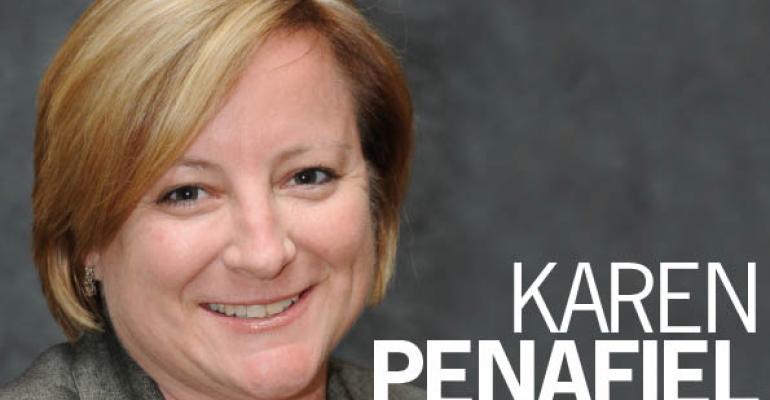For the past few years, BOMA International, as the only commercial real estate association with an active building codes team, has been gearing up for major changes in the way the International Code Council (ICC) develops model building codes. Now, instead of needing to attend the ICC’s public comment hearings in person to be able to cast votes on codes proposals, building codes officials who are ICC voting members have the ability to vote remotely. This is in response to state and local budget restraints and travel cutbacks that have led to declining participation of codes officials in the ICC hearings, which often last a week to 10 days or longer.
The public comment hearings on the International Green Construction Code (IgCC) were held on October 1-5 in Fort Lauderdale, Fla. ICC staff then spent about a week to draft the ballots, and the two-week remote voting period began on October 15 and will end on October 29. Voting members may cast their votes at any point during the remote voting window. Hearing attendees who may have logged in their votes on-site may also change their votes during this window—the last vote they make will be the one that counts.
While this remote voting process is new to the commercial real estate industry, it is also new to the codes officials across the country. BOMA International, in addition to some of ICC’s other strategic partners, including the National Multifamily Housing Council and the National Association of Home Builders, can play an important role in helping to educate codes officials on the process and on the issues. It is up to all of us to make this new system work effectively, and to ensure that the commercial real estate industry continues to have a strong voice in the model code development process.
Get involved! BOMA International has compiled a “Remote Voter Guide” as part of an online toolkit to help code officials understand BOMA’s stance on potential changes to the IgCC and to encourage them to support our position. We need your help to make contact with ICC’s voting members in every jurisdiction. Access BOMA’s Codes Development and Adoption Toolkit at www.boma.org/CodesToolkit for a sample email to send to your building code officials, as well as BOMA’s “Priority List Voter Guide.” If you already have a personal or professional relationship with your codes officials, even better!
So, what happens next? The IgCC is the last of the suite of model codes to be finalized as part of the 2015 model code development cycle. Next year, work will begin on the 2018 model code development cycle, and all of the codes in the Group A category will be under consideration. These include the International Building Code (IBC), International Fuel Gas Code (IFGC), International Mechanical Code (IMC), International Plumbing Code (IPC) and the International Private Sewage Disposal Code (IPSDC).
In 2016, the process will repeat with the codes that fall in “Group B,” which include the International Exiting Building code (IEBC), International Energy Conservation Code (IECC), International Fire Code (IFC), International Property Maintenance Code (IPMC), International Residential Code (IRC), International Swimming Pools/Spa Code (ISPSC), and the International Wildland-Urban Interface Code (IWUIC). As you can see, ICC picked the least busy year in its three-year code cycle to implement, test and perfect its remote voting systems and protocol.
Meanwhile, many state and local jurisdictions already have begun the process of adopting some of the 2015 model codes and are on a swift time schedule. BOMA’s local associations across the country are doing a great job impacting this process in many jurisdictions, but we can’t be everywhere. We encourage everyone to keep their eyes and ears open and participate in the process.

